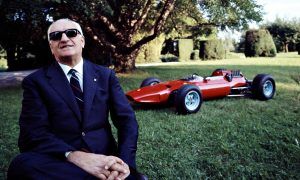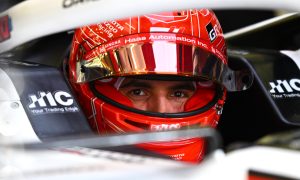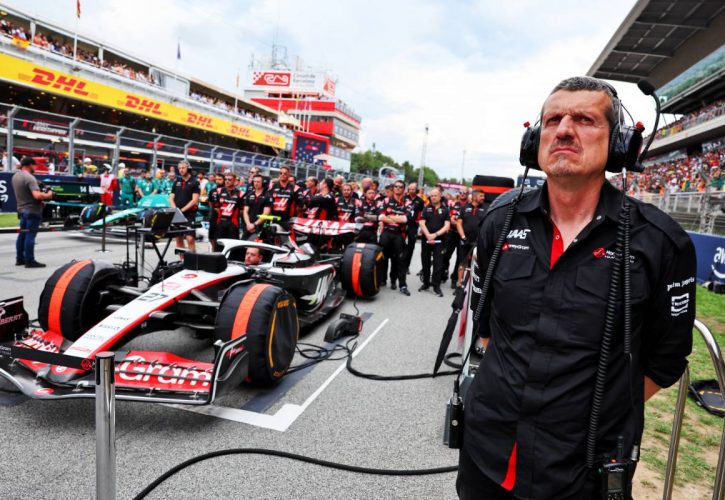
Guenther Steiner's departure from Haas F1 Team is a significant loss for the team, as he played a pivotal role in its inception, survival, and initial success.
Without his vision, leadership, and financial acumen, Haas may not have even made it to the Formula 1 grid.
Steiner's expertise and experience in Formula 1 were instrumental in crafting the team's unique business model, which relied heavily on technical partnerships with Ferrari and manufacturer Dallara. This allowed Haas to leverage Ferrari's expertise and resources to produce a competitive car while keeping costs down.
His management style, characterized by its directness and no-nonsense approach, was well-suited to leading Haas through its early years. The Italian was able to motivate and inspire his team, fostering a culture of hard work and dedication.
Steiner’s high profile in the sport – boosted by his exposure in the popular Netflix series ‘Drive to Survive’ that made him a fan favourite – made him a valuable asset in attracting sponsors and partners.
Read also:
- Haas restructures: Steiner out as Komatsu takes charge!
- Talking Points: Just what exactly is Haas doing in F1?
While Haas struggled in recent years, Steiner remained a constant presence, leading the team through a period of financial uncertainty and the COVID-19 pandemic. He played a pivotal role in saving the team and ensuring its continued participation in Formula 1.
Steiner's departure leaves a void that will be difficult to fill. His unique blend of experience, leadership, and personality made him an indispensable part of Haas F1 Team.
Ayao Komatsu who has been promoted from director of engineering to team principal certainly has some big shoes to fill.
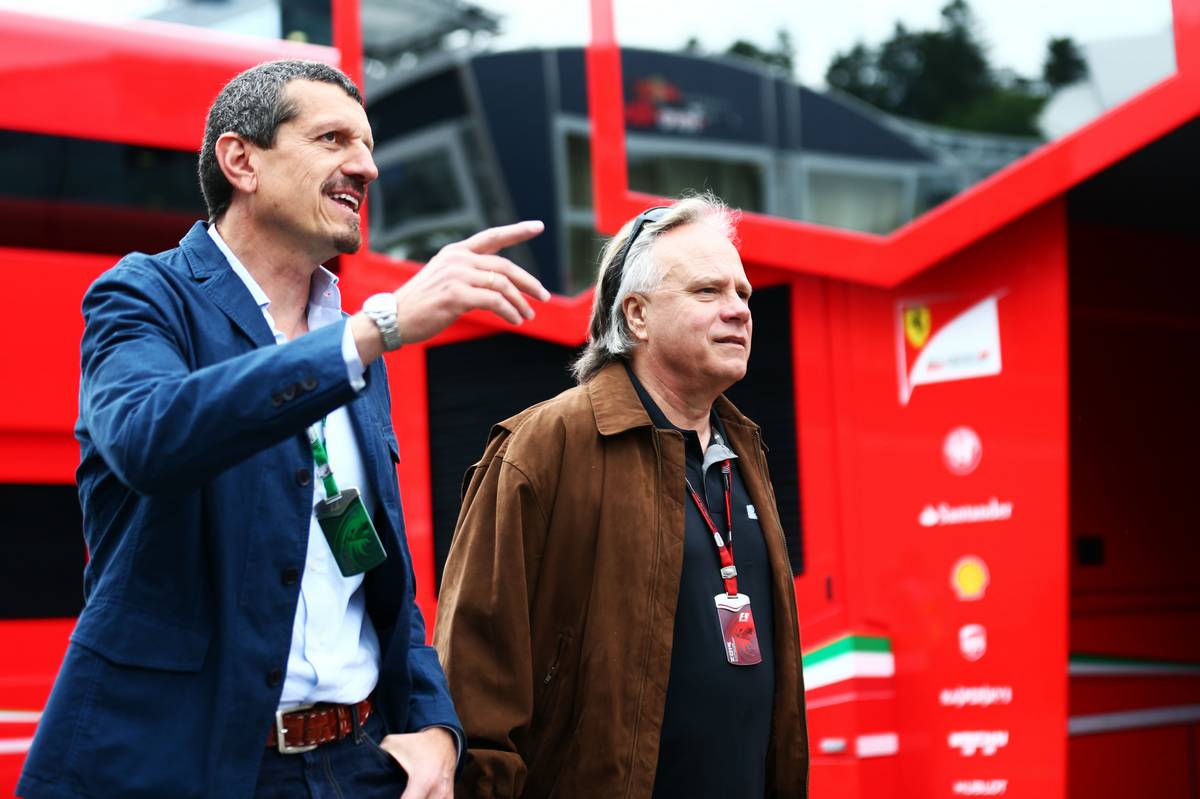
While the exact reasons behind Gene Haas's decision to part ways with Steiner remain unclear for now, several potential factors could have contributed to this decision.
One possibility is that Haas felt that Steiner's leadership style, while effective in the early years, was no longer suited to the team's current needs.
Steiner's direct and sometimes abrasive approach may have been perceived as less effective in a more competitive environment, where Haas is seeking to improve its performance and consistency while remaining a cost-effective proposition for sponsors.
Another possibility is that Haas may have been concerned about Steiner's relationship with Ferrari. While the technical partnership between Haas and Ferrari has been mutually beneficial, there have been reports of tensions between Steiner and Ferrari's management.
These tensions may have become a distraction for Haas and could have hindered the team's ability to move forward.
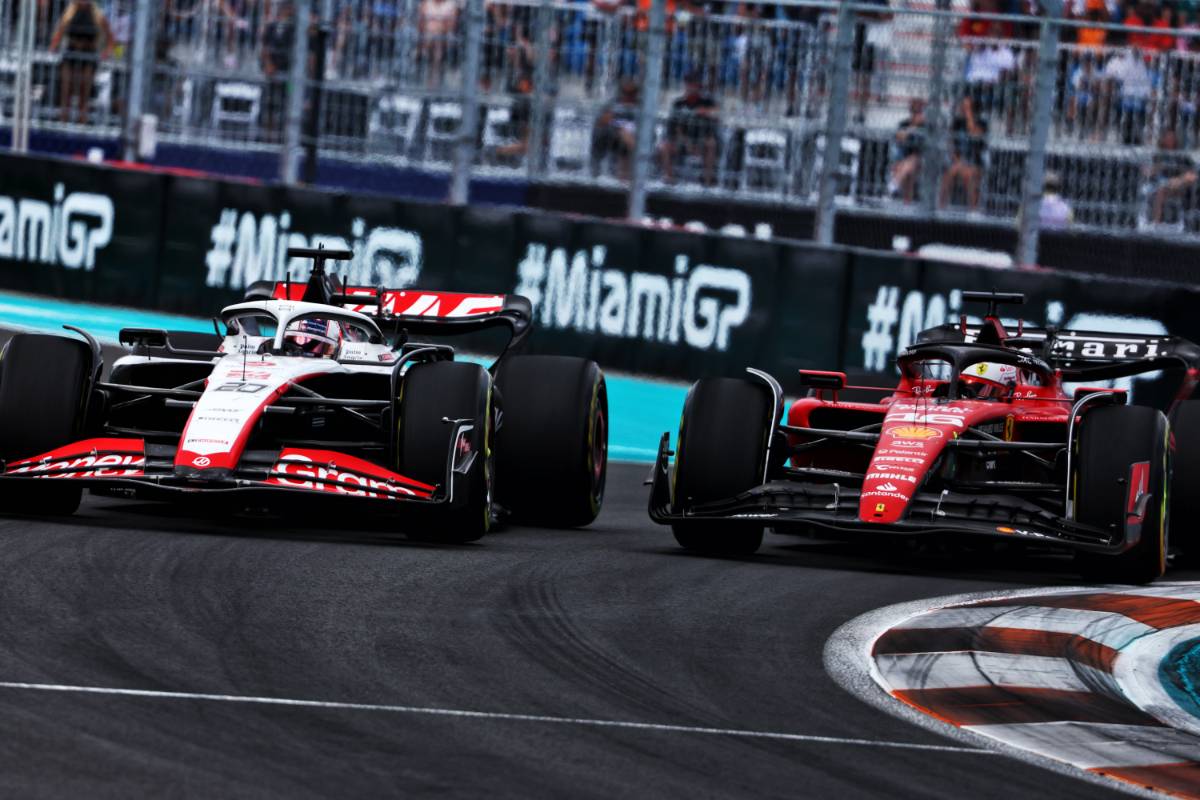
It has also been suggested that tensions grew last season between Gene Haas and Steiner, with the Italian requesting more investment from its owner while the latter demanded a better use of the resources in place.
Finally, it is also possible that Haas simply felt that it was time for a change in leadership. The team has struggled in recent years, and Haas may have felt that a new team principal could bring fresh ideas and a new perspective that would help Haas get back on track.
Regardless of the reasons, Steiner's legacy at Haas F1 Team will be one of innovation regarding its business model, resilience, and perseverance.
He was instrumental in bringing the team to life and ensuring its survival through challenging times.
His departure marks the end of an era, but his impact on the team will likely continue to be felt for years to come.
Thanks, Guenther. For your trust, friendship and the opportunity to go racing in @F1 again! You're definitely a character.. all the best! pic.twitter.com/3eMRuA06qw
— Nico Hülkenberg (@HulkHulkenberg) January 10, 2024
Keep up to date with all the F1 news via Facebook and Twitter



